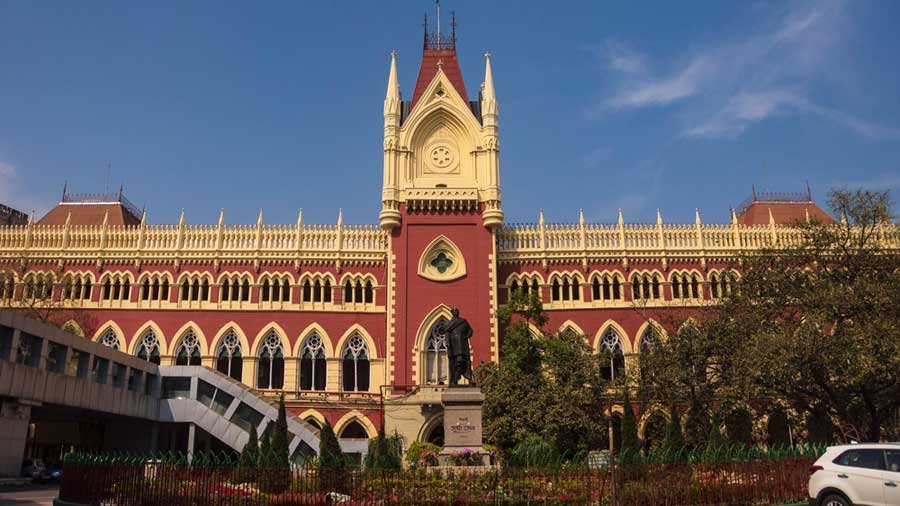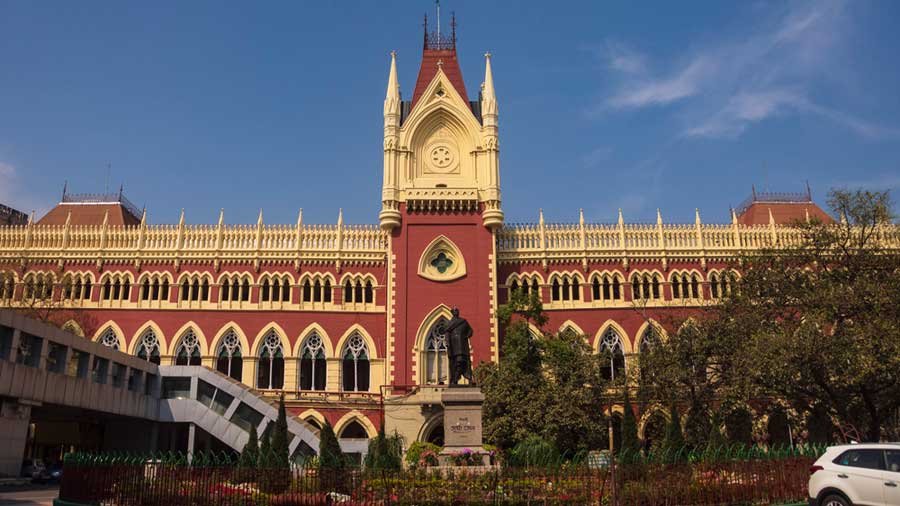On Tuesday, the Supreme Court declined to order a reexamination for the 2024 National Eligibility-cum-Entrance Test undergraduate exam (NEET UG 2024).
The evidence presented by the petitioners who petitioned the Court was insufficient to establish a pervasive leak of question papers, according to a Bench of Chief Justice of India (CJI) DY Chandrachud, Justices JB Pardiwala, and Manoj Misra.
“We are of the considered view that ordering the cancellation of the entire NEET UG 2024 exam is neither justified on application of settled principles propounded by the decisions of this court (nor) on the basis of material on record,” the Supreme Court stated.
The following are the primary conclusions that can be drawn from the verdict that was rendered today:
- The cancellation of the NEET UG 2024 examination is unjustifiable.
- Although there is no dispute that question paper leaks/breaches occurred in Patna and Hazaribagh, there is currently no evidence to suggest a systemic breach that threatens the integrity of NEET. The Court stated, in this regard,
“At the present stage there is absence of material on the record sufficient to lead to the conclusion that the result of the examination stands vitiated or that there is a systemic breach of the sanctity of the examination.”
- The IIT Delhi committee’s correct response to a contentious query has been accepted by the Court. Option 4 is the accepted response among options 2 and 4. The NTA has been instructed to re-tally the NEET UG results in accordance with this directive.
(4) Students who have individual grievances may approach the High Court after withdrawing their petitions (if any) from the Supreme Court.
- The Court may issue additional directives to the seven-member expert committee established by the Central government to ensure that the conduct of NEET UG is fortified and that similar issues do not recur in the future.
The admissions to medical colleges throughout the nation for undergraduate courses are contingent upon the NEET UG score.
Allegations of widespread question paper leakage and cheating plagued the NEET-UG exam this year.
Consequently, numerous NEET candidates petitioned the Supreme Court for a reevaluation. Nevertheless, there were also students who opposed the possibility of a retest. The NTA, the central government, had also vehemently opposed any retest.
The Court today deferred to order a retest, stating that the data on record does not suggest a systemic leak of the question paper, which would suggest a disruption of the exam’s sanctity.
Nevertheless, the Court also acknowledged that the Central Bureau of Investigation (CBI) investigation into the matter has not yet been completed.
The Bench also stated that action can be taken at any stage if the inquiry reveals additional tainted candidates or beneficiaries of any malpractice, even if the student has completed the college counseling process.
The Court stated that no student who is discovered to have been a victim of malpractices or a participant in fraud would be entitled to claim any vested right in the continuation of admission.
The Court further noted that the disruption of the admission schedule and the severe repercussions for over 24 lakh students would result from the directive to conduct a new NEET UG.
It was further stated that this could have a significant impact on the availability of qualified medical personnel in the future, as well as have cascading effects on medical education. Additionally, marginalized students who were reserved seats may be significantly disadvantaged.
Ultimately, it declined to order a retest, but it clarified that individual students who continue to have grievances may seek relief from the relevant High Court.
Solicitor General Tushar Mehta reiterated the NTA’s position during today’s hearing, denying that the NEET paper was widely leaked throughout India, as claimed by numerous petitioners.
“Whether or not there is a pan-Indian effect.” There is no such effect. “The top 100 students are dispersed across 95 centers in 56 cities and 18 states/UTs,” he noted.
Additionally, he contended that the results from different exam centers and states were not significantly different from those from previous years.
“Observe the success rates in Patna, Belgavi, and Bihar.” The success rate is consistent with that of previous years. The impression was created that a pupil had traveled to Belgavi, as if there were widespread malpractices occurring… Refer to the percentile. Patna, Bihar. The success rate is 49.22%. Jharkhand Hazaribagh’s success rate is 47.28%, as he emphasized.
The SG also submitted submissions regarding the reputation of certain cities, such as Kota, for operating coaching centers for competitive exams.
“Coaching centers for competitive exams and exams such as UPSC are located in specific hubs, including Kota, Sikar, Kottayam, Namakkal, and Rajkot.” The term ‘factory’ has been employed in connection with the most recent web series. In order to prepare these students for competitive examinations of this nature, they are provided with dummy papers on alternate days. “For example, when they finally sit for NEET, it would likely be the 201st exam they are writing,” the SG contended.
“So the students appearing for exam there are not domiciles then,” the judicial officer inquired.
“No, no.” Parents enroll their offspring in educational institutions of this nature. The SG stated that the court will not be able to benefit from examples of these locations because they are sui generis centers.
It is worth noting that the Court today questioned the SG regarding the distribution of question paper sets that were stored in Canara Bank. It is important to note that the Canara Bank question papers were intended to serve as backups, whereas the papers stored at SBI were intended for use in the exam.
“What was the method of distribution for the Canara Bank paper?” Who authorized the municipal coordinator?” inquired the CJI.
The SG acknowledged that this was a result of human error.
“There are human errors which happen when we are dealing with 24 lakh students,” according to him.
Nevertheless, he reassured the Court that the Canara Bank papers were just as challenging as the papers stored in the SBI’s containers.
Additionally, he maintained that the malpractices discovered in Hazaribagh were limited to that region. According to Mehta, the unique number that belonged to only one candidate was present in the burnt remains of the ‘leaked’ and duplicated question paper. The candidate had also informed the CBI that the seal of her question paper had been tampered with, SG Mehta added.
SG Mehta stated that it would have been observed if any other question paper had been unsealed prior to the exam.
“The papers are tearable only once.” Therefore, the individual who perpetrated the theft tore it, obtained the photographs, and resealed it using a lighter. “We also have the girl’s statement, which indicates that her paper was sealed with a lighter,” Mehta clarified.
In their rejoinder submissions, Senior Advocates Hooda and Sanjay Hegde expressed skepticism regarding the CBI’s hypothesis regarding the circumstances surrounding the question people breach.
Hegde emphasized that the students at Hazaribagh had a mere two hours to memorize the leaked answers if the CBI’s version of events is adopted.
“Which parent is willing to pay 30 to 75 lakhs in advance for the uncertain possibility of two hours?” When individuals are preparing to pass or obtain ranks, they require sufficient time. This timeline is unfeasible. Hegde stated, “This brief two-hour intervention is implausible.”
The disclosure is more extensive than the CBI is indicating to the court, Hooda insisted.
“This examination is untenable, particularly when the results are the result of a gang that operates across state lines, the primary perpetrator has yet to be apprehended, and it is undeniable that mobile devices were employed to disseminate the sold question paper, which has yet to be recovered.” Presently, the entire globe is observing. A gang has leaked paper; an investigation is underway; mobile phones have not been recovered. Is there any remaining sanctity to this examination?Hooda had engaged in a heated argument.


